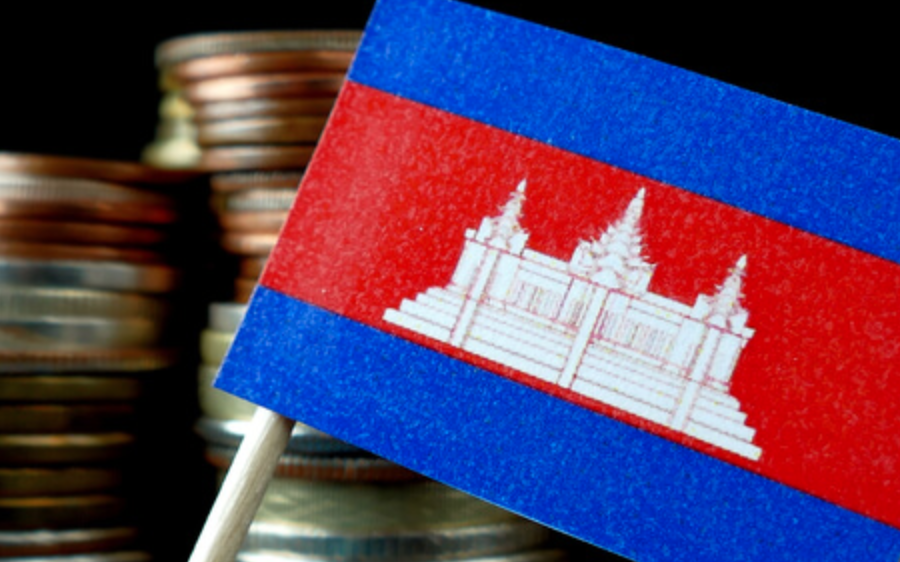GCR Trend Update 2020: Crypto Trends in Cambodia

Given the ongoing Coronavirus taking place around the world, having a large impact on the crypto activities such as conferences and communities, we continue to believe Southeast Asia (SEA) may be potentially spared as one of the breakout regions in the eastern hemisphere in 2020. As we emphasized earlier this year, we advise our readers to pay attention more to SEA this year. SEA will see a concentrated and robust number of crypto activities in many of its regional countries, whether that’s focused on crypto, blockchain or digital currencies.
For our next few premium posts, we’ll be diving into the recent trends and ongoing opportunities in blockchain and digital currencies in SEA. Checkout all the existing ones here.
Crypto Trends in Cambodia
A brief background on the crypto and blockchain happenings in the country:
Cambodia regulators previously banned the trading of all cryptocurrencies in 2017, but since changed stance to require license for Crypto trading and exchanges, circulation, and settlement in Cambodia.
Crypto and Blockchain Trends in the Country:
- Financial payments and remittance – tested by national and local banks in the region
- Remittance on blockchain – National Bank of Cambodia has experimented with domestic blockchain payments for retail, but the main interest is testing them for cross-border transactions. The institution has been collaborating with Malaysian bank Maybank. Together, Maybank Cambodia and NBC will explore the possibility of transferring funds between Cambodia and Malaysia through NBC’s blockchain-based Bakong payment system and Maybank’s Maybank2u digital platform.
- Crypto Payments- Pundi X, a tech firm based in Singapore, was chosen to integrate blockchain technology in Cambodia’s smart city Phnom Penh — using the latest solutions such as XPOS and XPASS systems, as well as XWallet for financial transactions. Tese blockchain-based systems will enable citizens in the smart city to carry out payments and transactions using cryptocurrencies, while merchants will be able to accept a wide range of tokens for their products and services.
- Supply chain blockchain- blockchain technology has already been adopted to trace the supply chain and origins of food and agricultural produce.
- Agriculture – For example, last November, Oxfam launched its BlocRice blockchain supply chain solution for rice. BlocRice, which aims to use smart contracts to provide transparency and security between rice growers in Cambodia and purchasers in the Netherlands, has been under development and should purportedly expand to 5,000 farms by 2022.
- Transportation services on blockchain-
- Ridesharing on blockchain– For example, Singapore-based TADA is the latest application to offer services in Phnom Penh, Cambodia. TADA also said it is the first ride-sharing app in the world to operate on a blockchain platform, allowing them to not take commissions from drivers.
Opportunities in the Country
Many Cambodian domestic workers reside in Malaysia and the fee imposed on the money transfers that those workers send home is usually at least 10%. The purpose of the project is to allow for much lower fees, while also enabling the remittances to be carried out in real-time.
We see that at the moment, in Cambodia, crypto and blockchain would primarily be adopted to lower costs associated with interbank lending, rather than to facilitate Crypto trading and exchanges and other more sophisticated levels of cryptocurrency adoption. Most of the activities will stem from large enterprises and banks with capital and resources to do R&D in this space.












